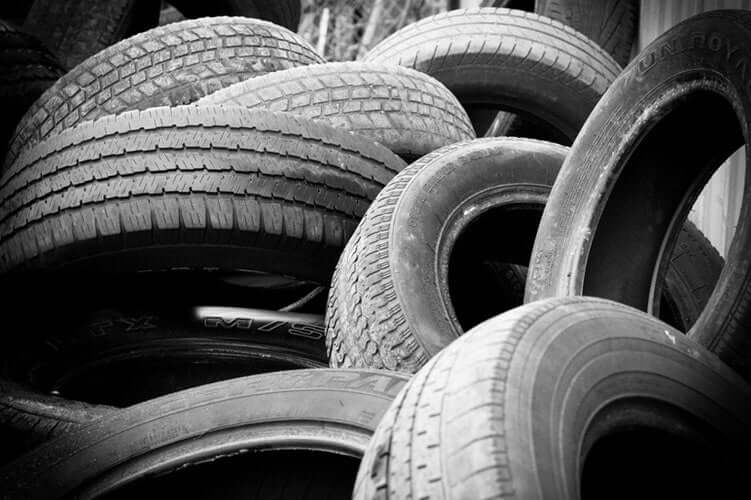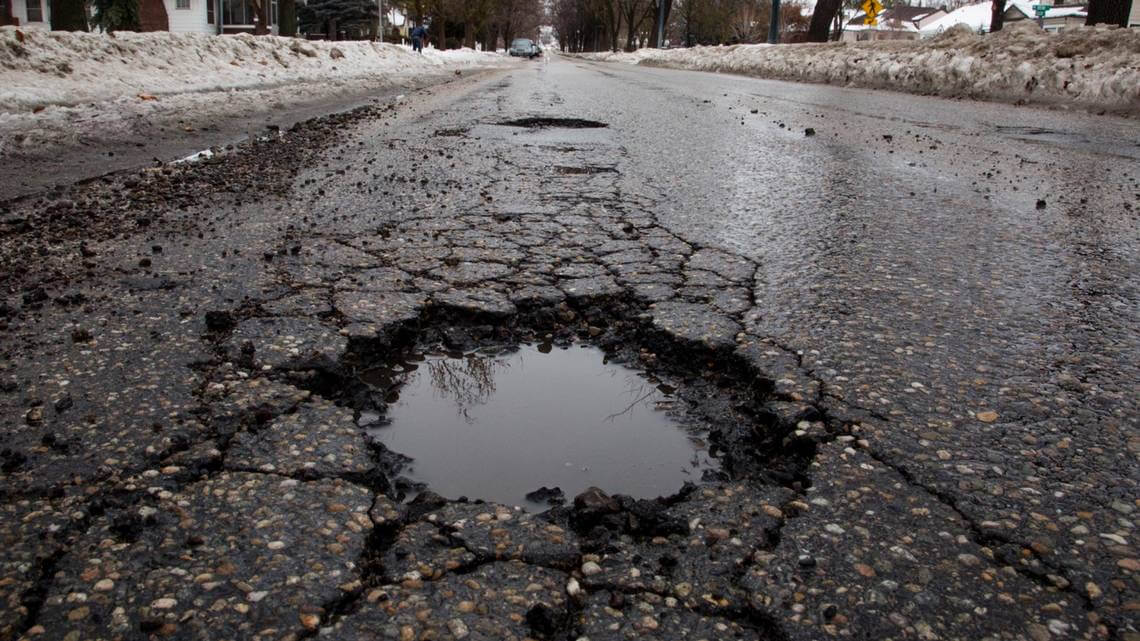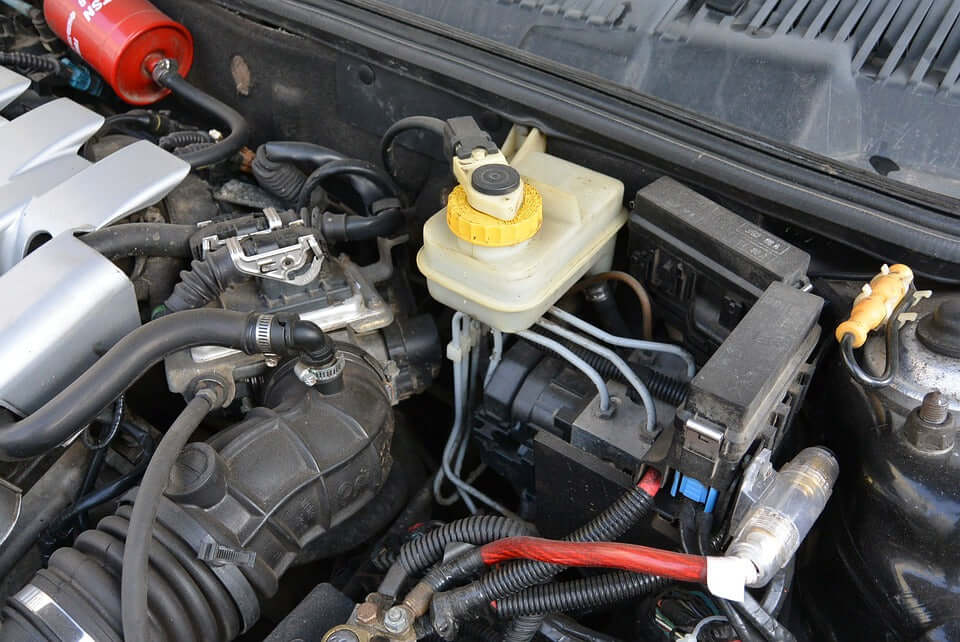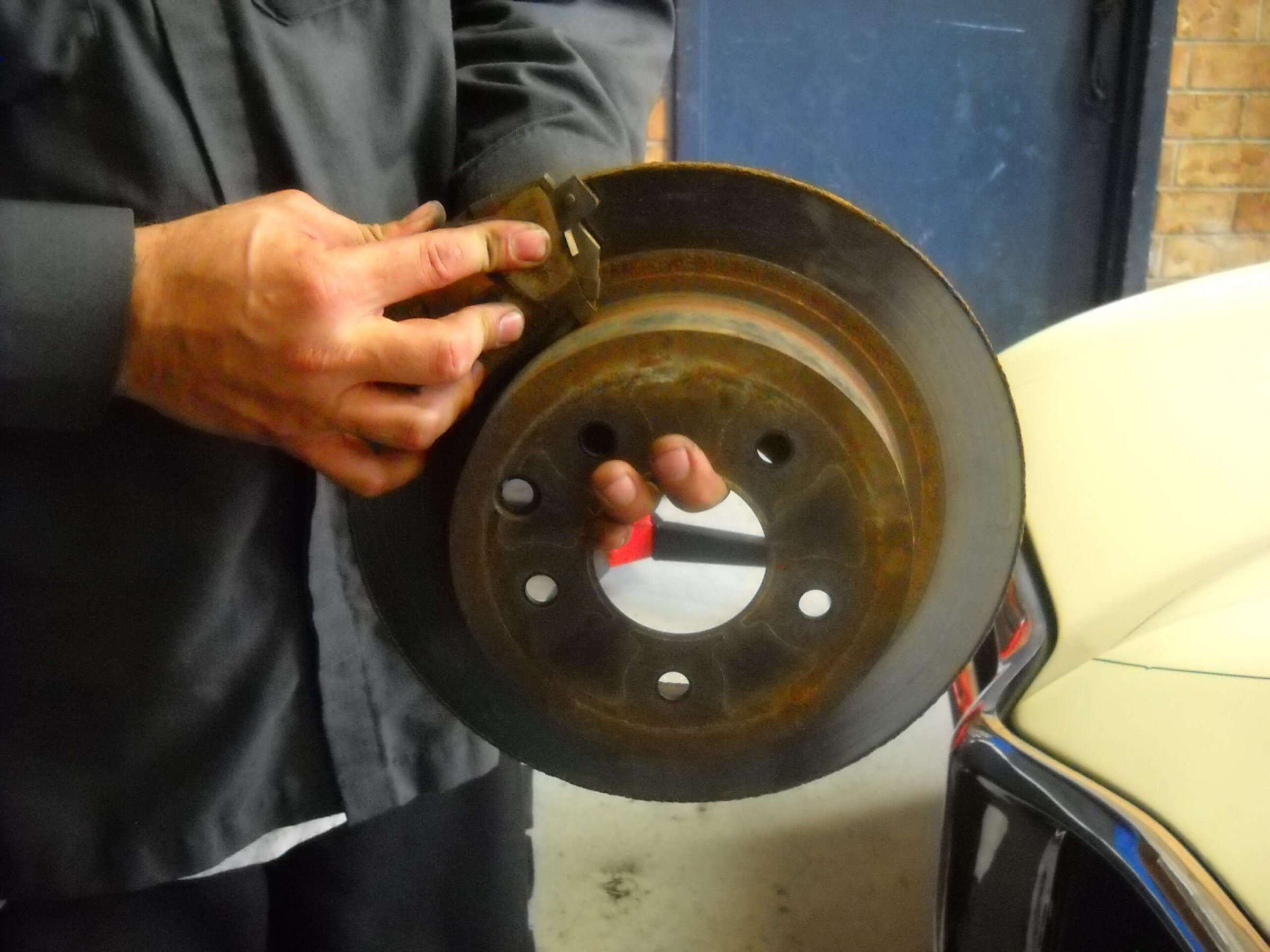Your car’s tires are the only component that touches the road. If that’s not the case, you have bigger problems (like maybe a worn-out suspension!) and you should get that car the shop as quickly as possible. Back to the original point, your vehicle’s tires are what stands between the vehicle and the road surfaces over which it rolls. That makes them incredibly important. However, tires are also one of the main components people are willing to ignore as they don’t give any loud, noisy indicators that they have failed like your car’s mechanical components. Taking care of your tires is one of the most important ways to take care of your car. Here are a few tips you can follow to make sure you’re treating them, and by extension your vehicle, right. 1. Get (and use) a tire pressure gauge It is important to know how much air is in your tires. Just looking at them or kicking them from time to time isn’t going to tell you what you need to know. By the time you can actually see that they are underinflated, they are dangerously low. Similarly, it is nearly impossible to tell if tires are overinflated just by looking at them. Every car has a recommended tire pressure, and for good reason. This is the pressure that the manufacturer has determined to be optimal for your car. Many times there is a small difference in the recommended pressure between the front and the back. Fortunately, tire pressure gauges are incredibly cheap and sold at just about every auto parts store and even gas stations. There is simply no excuse to not have one in your vehicle. There is also no need for one of the fancier digital versions. The old school pop-ups do just fine. Make a habit of checking your tire’s pressure once a week or so, and every time there is a dramatic change in temperature. Under or overinflated tires wear out unevenly and seriously degrade your car’s handling ability, creating a safety hazard. 2. Balance and rotate often Depending on your vehicle’s drivetrain, the front and rear tires on your car will wear out at different rates. In addition, certain driving habits or transportation patterns might mean that the tires on the right side of your car may wear out sooner than those on the left, or vice versa. You should ideally be balancing and rotating your tires every 5,000 miles. Consider one of the many places that allow you to purchase a “lifetime balance and rotate” plan. Businesses like Discount Tire offer plans that will allow you to balance and rotate your tires whenever you want. Many of them throw this service in for free when you purchase tires from them. Consistently and frequently balancing and rotating your tires will help you get the maximum life out of those tires, saving you hundreds of dollars over time. 3. Drive easy Hard braking is the number one way your tires get worn down. Braking hard generates a lot of heat and friction, which wears rubber down quickly. The reason you see black tread marks after someone has “peeled out” is because they have left actual rubber on the asphalt. If you are the type of driver to accelerate hard and brake hard, consider teaching yourself to move a little more consistently. Not only will this save your tires, it will reduce wear and tear on your car and help your fuel economy. 4. Replace when needed Tires, especially good ones, aren’t cheap. So it’s no wonder many people wait longer than they should to replace them. However, in addition to being tremendously unsafe to drive on, bad tires reduce your fuel economy and increase the wear and tear on other components of your vehicle like your suspension. Any money you might save by stretching them out a few thousand extra miles you’ll lose in the extra costs that come with it. As we’ve mentioned before, there is a quick and easy “penny trick” to check to see if your tires treads are good to go. Simply put a penny upside down in the tread of your tire. If the tread reaches Lincoln’s head, you’ve still got life in those tires. If it doesn’t, it’s time to replace. As the suspension experts, we understand the relationship between properly-functioning tires and a healthy automobile. It is important to us that you keep you and your family as safe as possible on the road. It is also important to us that you save money wherever you can. Proper care might have small costs here and there, but it will save you hundreds, if not thousands, in the long run.

Tire Maintenance 101
Listen to article
Audio generated by DropInBlog's Blog Voice AI™ may have slight pronunciation nuances. Learn more



